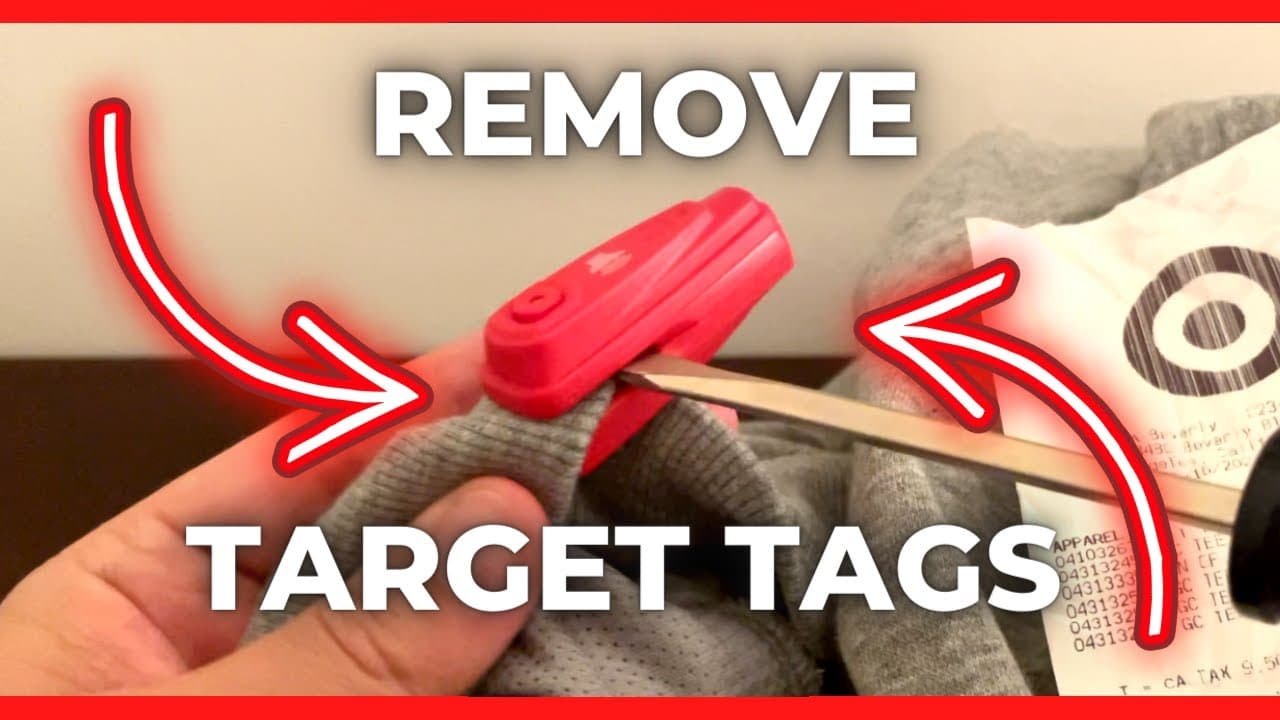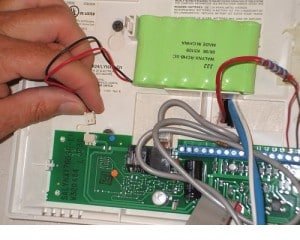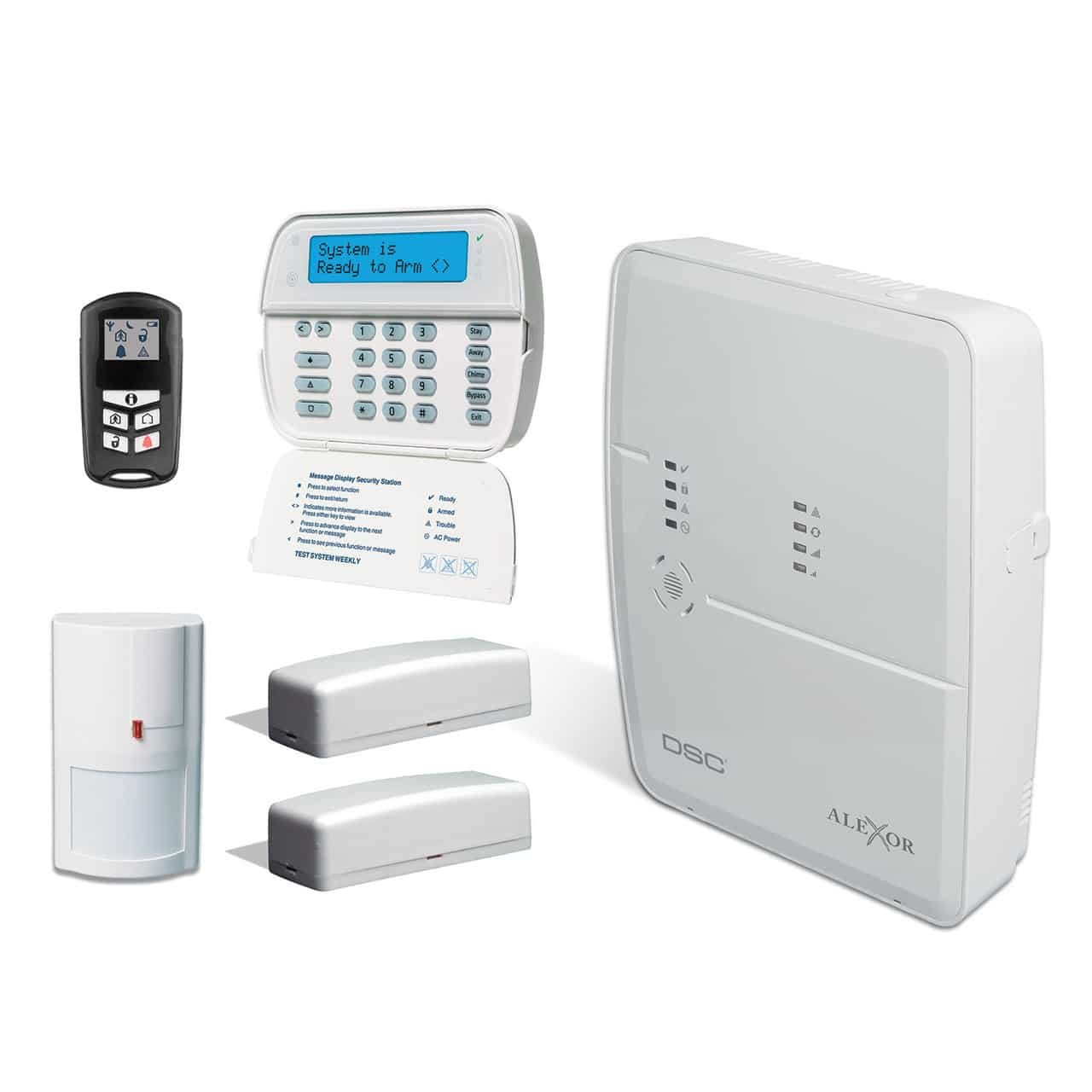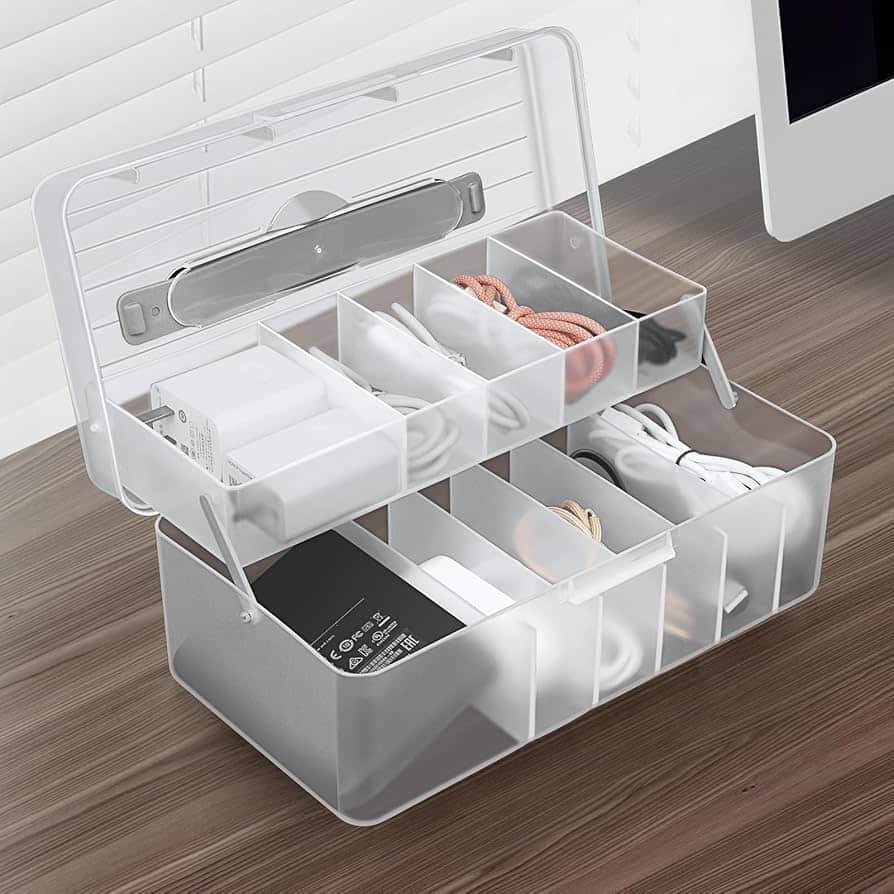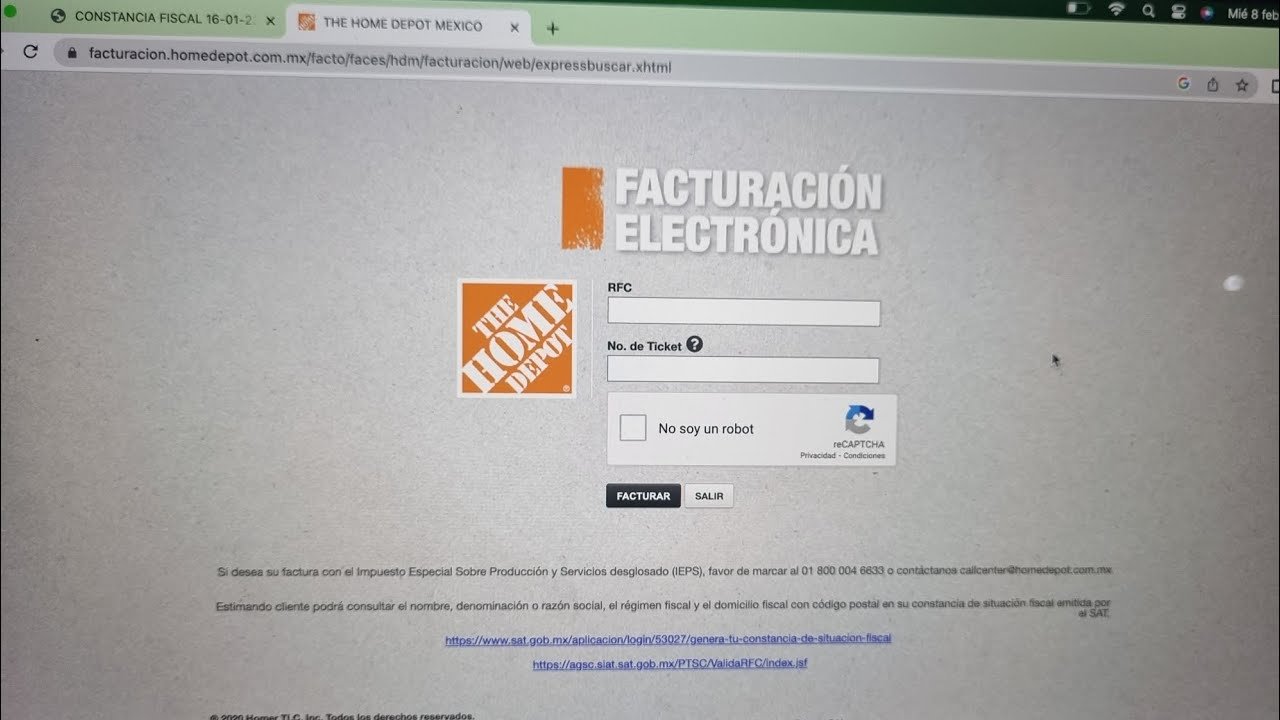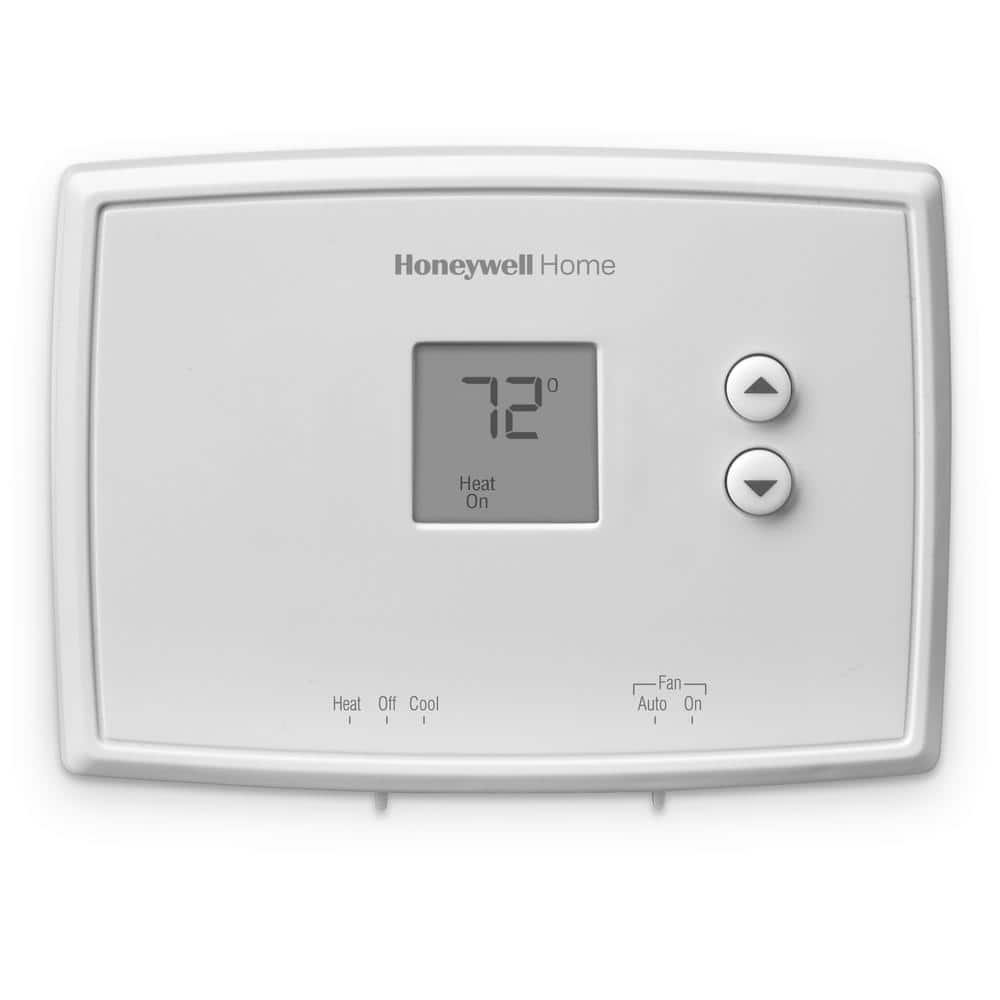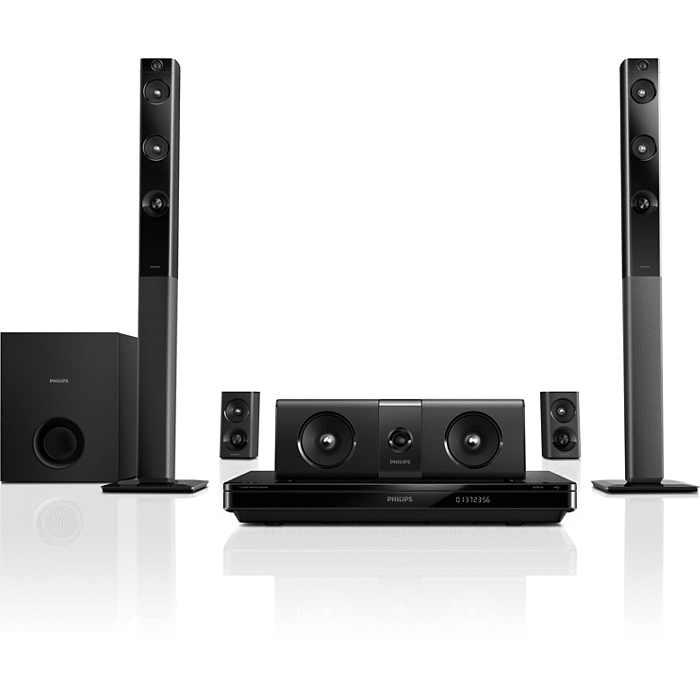Nursing homes can take your Social Security check under certain conditions. This usually happens when they manage your finances or you’re behind on payments.
Understanding these situations can help you protect your income. Navigating the world of nursing home payments can be tricky. Many people wonder about their Social Security checks. These funds are crucial for living expenses, so it’s important to know the rules.
Nursing homes may require payment for services, and sometimes they can use your Social Security check for this. It’s vital to understand your rights and obligations. Knowing when a nursing home can access your check helps you make informed decisions. This article explores the conditions and options, helping you manage your finances better. Stay informed to ensure your financial security while receiving necessary care.
Nursing Home Costs
Nursing home expenses can be overwhelming for many families. Understanding these costs is crucial. It helps in planning and managing finances effectively. Several factors influence how much you pay for nursing home care. This includes location, level of care, and amenities provided. Let’s break down the costs involved.
Basic Expenses
Basic expenses cover essential care services. These include room and board, meals, and basic medical supplies. Nursing homes also provide assistance with daily activities. These activities can be bathing, dressing, and eating. The cost for these basic services varies widely. It depends on the facility’s location and the type of room chosen. Private rooms are usually more expensive than shared rooms. Basic care costs can range from $5,000 to $8,000 per month.
Additional Fees
Additional fees can surprise many families. These fees are not always included in the basic package. They cover services like physical therapy, specialized medical care, and transportation. Some facilities charge for laundry services or recreational activities. Make sure to ask for a detailed fee breakdown. Understand what is included in the basic rate. This will help avoid unexpected charges. Always inquire about potential hidden costs.
Social Security Income
Nursing homes can claim a resident’s Social Security check for payment of services. Typically, this happens if the resident is unable to manage finances independently, or when the check is assigned to cover the cost of care through an agreement.
Understanding these situations helps in planning for financial arrangements.
Social Security Income is crucial for many seniors, providing a financial lifeline. It’s common to wonder how this income interacts with nursing home costs. Can a nursing home really take your Social Security check? Let’s dig deeper into this important question. ###Eligibility Criteria
Before understanding when a nursing home can take your Social Security check, it’s essential to know who qualifies for Social Security Income. Generally, individuals aged 62 and older who have paid into the Social Security system are eligible. However, eligibility can also depend on disability or specific work history. Knowing your eligibility helps you safeguard your income effectively. Have you checked your eligibility status recently? ###Payment Process
If you’re eligible for Social Security Income, knowing how the payment process works is vital. Payments are typically distributed monthly, directly to your bank account or via a check. In some cases, a nursing home may request to become the designated payee if you can’t manage your finances. This means they could directly receive your check to cover costs. But don’t worry, you can always verify and control this arrangement. Have you ever considered who manages your payments if you’re unable to? Understanding these aspects will empower you to make informed decisions about your Social Security Income. So, what steps will you take today to ensure your financial security in a nursing home setting?Legal Rights And Protections
Understanding your legal rights is essential in a nursing home. Residents often worry about their Social Security checks. Can nursing homes take them? Knowing the laws helps in protecting your finances.
Resident Rights
Nursing home residents have specific rights. These rights protect their income and benefits. Social Security checks belong to the resident. Nursing homes cannot automatically take them. Residents must give written consent for any deductions. This ensures financial control remains with the resident.
Federal Regulations
Federal laws provide a safety net. They ensure that Social Security checks are protected. The Social Security Administration has strict rules. Nursing homes cannot misuse these funds. Violating these rules can lead to penalties. Residents should know these regulations to safeguard their checks.
Payment Agreements
Understanding payment agreements is crucial for anyone entering a nursing home. Social Security checks often play a role in covering costs. Knowing how these checks are used helps avoid surprises. Residents should be aware of their rights and obligations.
Contract Terms
Contract terms define how Social Security checks may be used for payment. Nursing homes usually require residents to sign a contract. This contract outlines payment terms and conditions. Check if the contract includes Social Security checks for monthly payments. Always read the contract carefully before signing. Understanding all terms helps you manage your finances.
Billing Procedures
Billing procedures specify how payments are handled by the nursing home. Nursing homes often bill residents monthly. They may use Social Security checks to cover costs. Make sure the billing process is clear and straightforward. Knowing how billing works prevents misunderstandings. Ask questions if billing procedures seem complex. Ensure you’re aware of payment schedules and due dates.
Medicaid And Social Security
A nursing home can take your Social Security check if it helps pay for your care. They usually do this when you are under Medicaid support. This arrangement is common when residents can’t afford the full cost of care themselves.
Navigating the complex world of Medicaid and Social Security can feel overwhelming, especially when considering long-term care options like nursing homes. Understanding how these two systems interact is crucial. Knowing when a nursing home might take your Social Security check is a vital part of ensuring financial security for yourself or a loved one. ###Coverage Details
Medicaid is a joint federal and state program that helps cover medical costs for individuals with limited income. It often covers nursing home care, but there are specific rules and conditions attached. You must meet income and asset limits to qualify for Medicaid. Each state has its own guidelines, which can sometimes be confusing. If you or someone you know is considering nursing home care, it’s essential to check the specific Medicaid requirements in your state. This can save you from unexpected financial surprises. ###Income Allocation
Once you qualify for Medicaid, the program usually requires you to contribute most of your income towards your care. This often includes your Social Security check. The nursing home might take your Social Security check to cover part of the costs, but you typically keep a small personal needs allowance. This allows you to purchase personal items like clothing or toiletries. Have you thought about how this impacts your monthly budgeting? Knowing that a portion of your income is allocated to care can help you plan better. In some cases, understanding income allocation can also help protect your spouse. Medicaid has provisions to ensure that the healthy spouse still has enough income to live comfortably. The key takeaway here is to understand your rights and how your income will be used. Being informed can lead to better decisions regarding long-term care and financial planning. If you’re unsure about the process, consulting with a financial advisor or elder law attorney can provide clarity. They can guide you on how to maximize your benefits while protecting your assets.
Credit: luxseniorcare.com
Exceptions And Special Cases
Navigating the complexities of Social Security checks in nursing homes can be challenging. Exceptions and special cases often arise, complicating matters. Understanding these unique situations is crucial for residents and families.
State-specific Rules
Each state has its own rules for Social Security checks in nursing homes. Some states allow nursing homes to directly receive checks. Others require checks to go to the resident or a representative. It’s vital to know your state’s regulations to avoid confusion.
Personal Circumstances
Personal circumstances can affect how Social Security checks are handled. Guardianship arrangements might change how checks are distributed. A resident’s mental or physical health can also impact check management. Discussing these matters with the nursing home can help find solutions.
Steps To Protect Income
Understanding how to protect your income from nursing homes is crucial. Social Security checks can be a lifeline for many individuals. Ensuring that these funds remain secure requires careful planning. Below are steps that can help safeguard your Social Security income.
Financial Planning
Begin with assessing your current financial situation. Create a budget that includes all essential expenses. Set aside funds for unexpected costs. Consider working with a financial advisor. They can offer insights on how to protect your income. Diversify your assets to minimize risks. Look into options like trusts or annuities. These can shield your money from nursing home claims.
Legal Assistance
Consulting with an attorney is often beneficial. Legal experts can offer advice on protecting assets. They understand the complexities of Social Security and Medicaid. An attorney can help draft legal documents that guard your finances. Power of attorney and living wills are important tools. These can ensure your wishes are upheld. Seek legal assistance early to avoid complications.
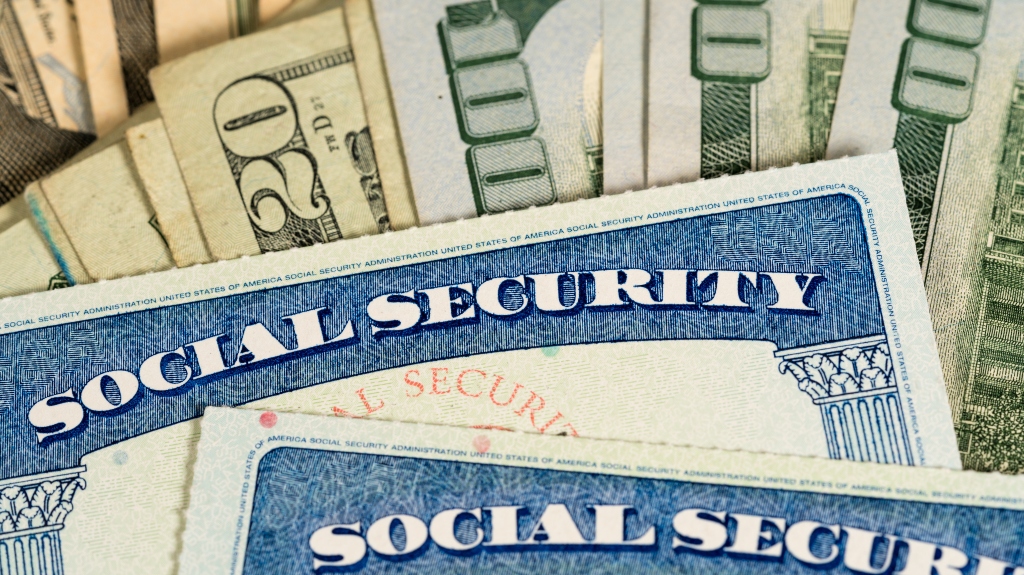
Credit: www.losaviodejean.com
Navigating Disputes
Understanding the circumstances under which a nursing home can claim your Social Security check is crucial. Nursing homes may access these funds for payment if residents authorize it or if state laws permit. Knowing these rules helps protect your finances and ensures fair treatment in care facilities.
Navigating disputes involving your Social Security check in a nursing home can be daunting. It’s a situation that can catch you off guard, especially if there’s a misunderstanding about your financial obligations. Understanding your rights and the steps to resolve these disputes is crucial to ensure your financial stability and peace of mind.Resolution Options
Begin by identifying the root cause of the dispute. Is it due to a misunderstanding in the contract, or perhaps an error in payment processing? Knowing the exact issue can help you address it more effectively. Consider scheduling a meeting with the nursing home administration. Approach the meeting with a clear outline of your concerns and any documentation that supports your case. A friend of mine once faced a similar issue and found that a face-to-face discussion helped clarify misunderstandings, leading to a swift resolution. Another option is mediation, which involves a neutral third party to help reach an agreement. This can be a less confrontational way to resolve disputes and can often lead to a more amicable outcome for both parties.Seeking Support
If you’re feeling overwhelmed, you’re not alone. Many people have found solace and guidance by reaching out to local advocacy groups. These organizations can provide valuable resources and support to help you navigate the complexities of your situation. You might also want to consult with a legal expert who specializes in elder law. They can offer advice tailored to your specific circumstances and help ensure your rights are protected. Remember, you don’t have to face this alone. Friends, family, and professional support networks are there to help you through the process. Have you ever considered how much peace of mind you could gain by simply asking for help? Engaging with others can provide the support and clarity you need during challenging times.
Credit: www.youtube.com
Frequently Asked Questions
How Long Can You Stay In A Nursing Home Before They Take Your Social Security?
Nursing homes cannot take your Social Security checks. Funds usually cover your care costs directly. Ensure proper arrangements by contacting a financial advisor. Always monitor payments and communicate with the nursing home about your financial situation.
What Are The Three Ways You Can Lose Your Social Security?
You can lose social security through fraud, non-payment of taxes, or moving to restricted countries. Always follow regulations and update your information.
What Can The Nursing Home Take From You?
Nursing homes can take payment from your income or assets for care costs. Medicaid may cover costs if eligible. Personal items, like clothes, are usually yours to keep. Consult legal advice for asset protection and Medicaid planning. Always review agreements and state regulations for specifics.
Can A Nursing Home Take Your Retirement Money?
Nursing homes cannot directly take your retirement money. Residents pay for services with their own funds. Medicaid may require using retirement income for care costs if eligible. Proper planning and legal advice can protect assets. Always consult a financial advisor or attorney for guidance.
Conclusion
Understanding how Social Security checks are handled is crucial. Nursing homes may use checks for care costs. It’s important to know your rights. Always review agreements before signing. Check with Social Security for details. Protect your financial well-being. Seek advice from experts if needed.
Knowledge empowers smart decisions. Stay informed about any changes. Talk to the nursing home about payment options. Ask questions and stay involved. Your money should support your needs. Choose wisely for peace of mind.





